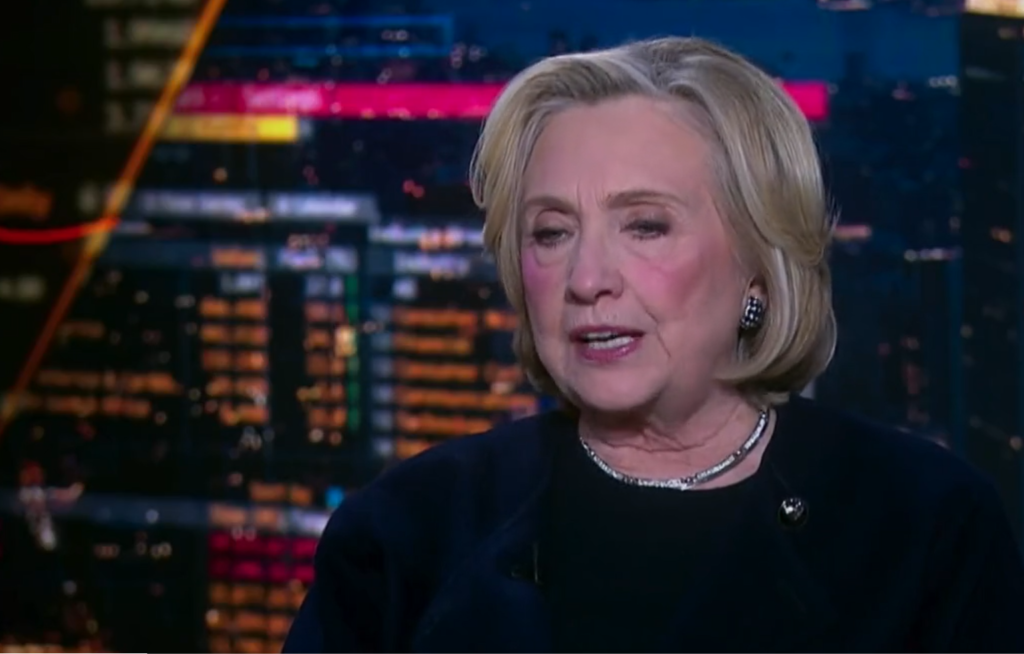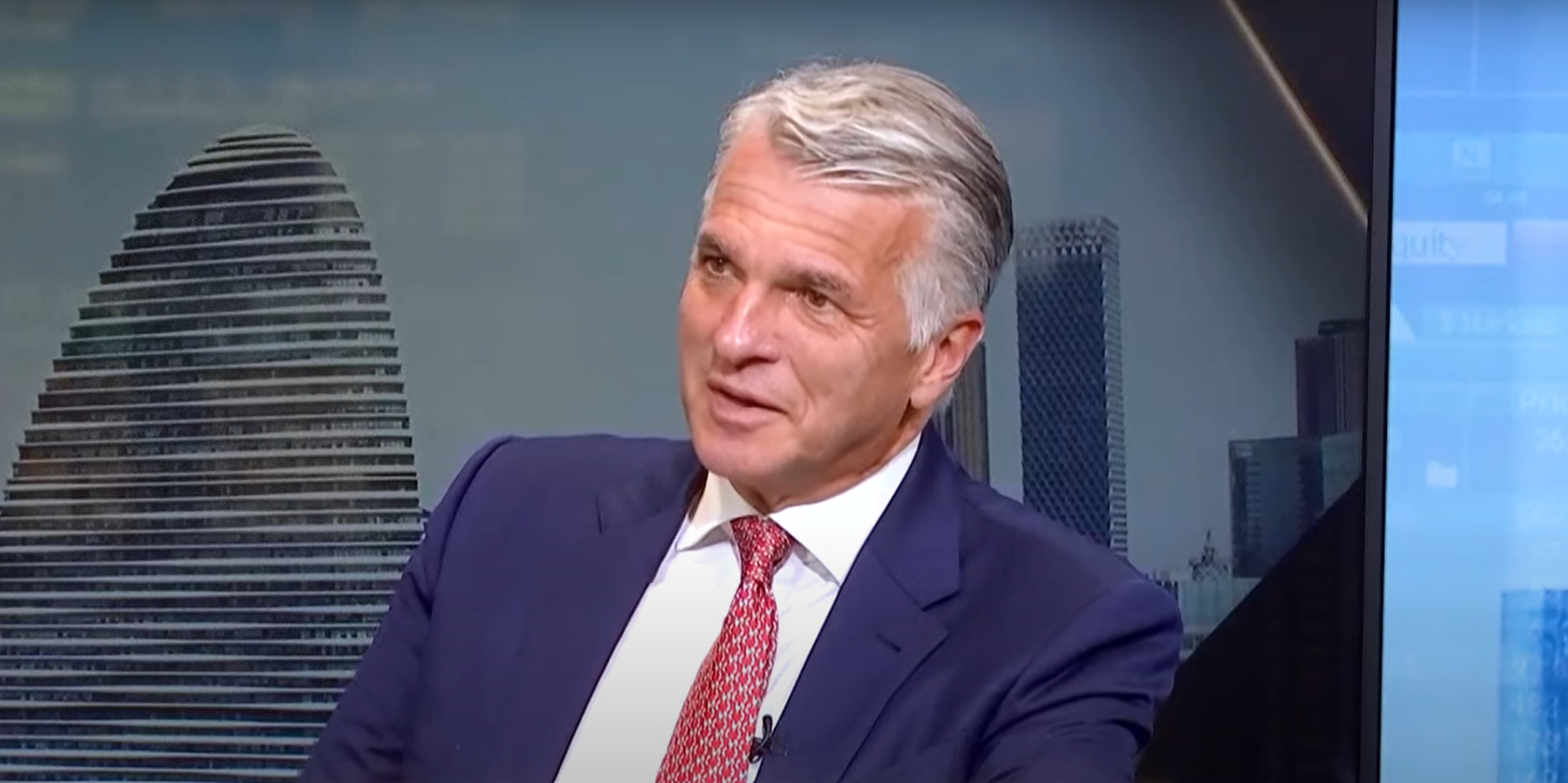In response to EU sanctions, Russia has successfully redirected the majority of its oil exports to India and China, overcoming trade restrictions imposed over the conflict in Ukraine.
The European Union, previously the largest buyer of Russian crude oil and oil products, accounting for nearly half of the exports, began banning Russian imports from December 5 last year as a strategy to deplete Moscow’s war chest and divert resources from its invasion of Ukraine.
According to Alexander Novak, Russia’s deputy prime minister, Europe’s share of Russian oil and petroleum exports plummeted to just 4% to 5% this year. However, Russia has deftly navigated these sanctions by establishing trade partnerships with major markets like India and China.
Novak highlighted India’s significant role as a new export destination for Russian oil, stating, “There were virtually no exports to India before. Over the past two years, the total share of exports to India increased to about 40%.” Additionally, China’s share of Russian oil and oil products accounted for up to 50% of such exports last year.
Novak expressed that many other countries, including those in Latin America and Africa, have shown interest in purchasing Russian energy resources.
Russia anticipates its oil and gas revenues to reach 9 trillion rubles, approximately $100 billion this year, down from 11.6 trillion rubles in 2022. Benchmark oil futures have experienced a 7% decrease so far this year.
Responding to Western sanctions, Novak criticized them as “illegal,” as reported by the state-run media service TASS. He emphasized that Russia’s experience in navigating sanctions over the past years proves its ability to overcome such trade restrictions.
This strategic redirection of energy trade contributes to Russia’s war chest as its invasion of Ukraine extends into its 22nd month. Despite global concerns, Russia’s economy has exhibited resilience, reporting a 5.5% GDP growth in the third quarter of this year. However, the veracity of the country’s official economic statistics remains challenging to verify, with reports suggesting that a significant portion of the growth is attributed to extensive military and government spending.










Leave a Reply